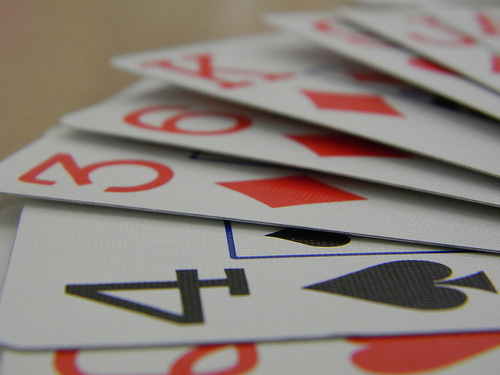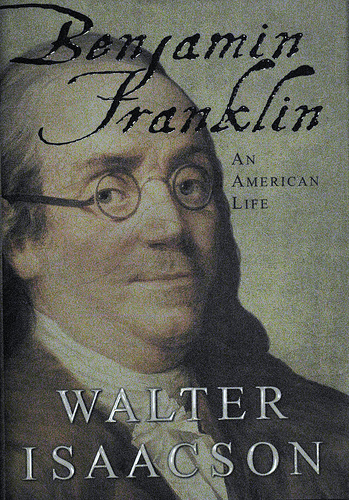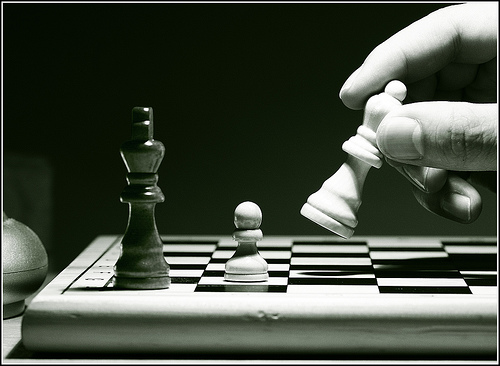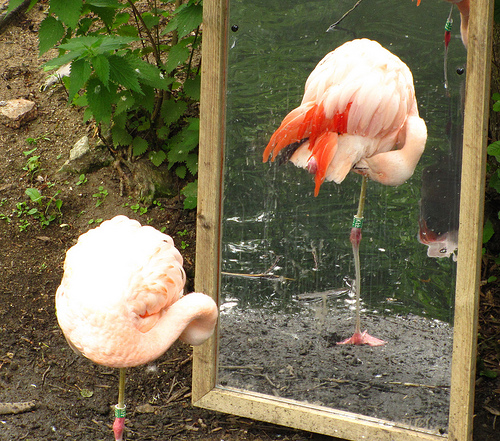Entrepreneurs are simply those who understand that there is little difference between obstacle and opportunity and are able to turn both to their advantage. – Niccolò Machiavelli

Obstacle or opportunity? Looks like an opportunity for fun, and a chance to work with others to find the best route up.
What does that mean?
This quote is so spot on. I have known several entrepreneurs, and all have this quality. They tend to view obstacles as the best thing that can happen, as it keeps the less determined people from getting in their way. Every obstacle makes their life easier by thinning out their competition.
They then take their own view of the obstacle and use it to their advantage, not just to their competitors’ disadvantage. They find a way to make what would be a problem for others into a part of their signature or their style.
Why is treating obstacles as opportunities important? Continue reading














